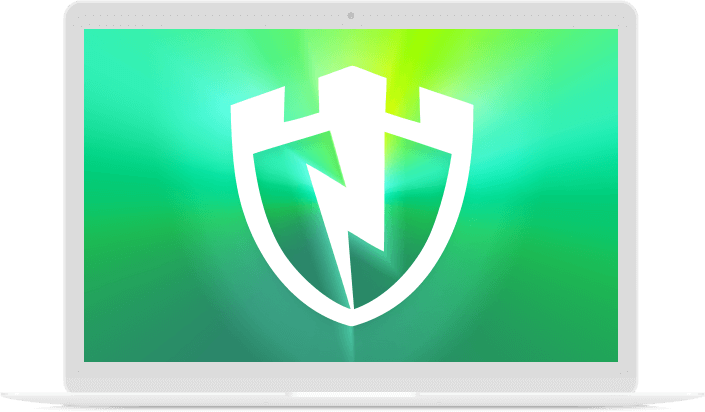
In today's always connected world, safeguarding your online presence is paramount. One of the fundamental pillars of cybersecurity is password security. With cyber threats evolving constantly, understanding what makes a strong password, the dangers of brute force attacks and the significance of password length in ensuring robust security is crucial.
A strong password acts as a fortress guarding your digital assets. But what exactly constitutes a strong password? Here are some key principles:
Complexity: A strong password is characterized by a combination of uppercase and lowercase letters, numbers, and special characters. Avoid using easily guessable sequences or common phrases.
Length: Length is a critical factor in password strength. The longer the password, the harder it is for attackers to crack through brute force methods. Aim for passwords that are at least 12 characters long.
Unpredictability: Avoid using personal information such as birthdays, names of family members, or favorite sports teams. Instead, opt for random combinations that are difficult to guess.
Unique: Use different passwords for different accounts. Reusing passwords across multiple accounts increases the risk of a security breach if one account is compromised.
Brute force attacks are among the most common methods used by hackers to crack passwords. In a brute force attack, automated software systematically tries every possible combination of characters until it finds the correct password.
These attacks can be devastatingly effective, especially against weak or short passwords. With the computing power available today, even complex passwords can be cracked given enough time.
To mitigate the risk of brute force attacks, it's essential to adhere to best practices for password security. This includes using long and complex passwords, implementing multi-factor authentication where possible, and regularly updating passwords.
The security of a password is directly influenced by its length. As passwords grow longer, the number of possible combinations increases exponentially, making them significantly more resilient to brute force attacks.
For instance, a password that is 8 characters long might take minutes or hours to crack with a brute force attack, while a password that is 12 characters long could take years or even centuries to crack, depending on the computing power available to the attacker.
As a general rule of thumb, aim for passwords that are at least 12 characters long to ensure optimal security. Additionally, consider using passphrases—longer combinations of words or phrases—as they can provide both strength and memorability.
In conclusion, password security is a cornerstone of cybersecurity. By understanding the principles of strong passwords, the dangers of brute force attacks, and the importance of password length, individuals and organizations can fortify their digital defenses and safeguard their valuable information from malicious actors. Remember, the strength of your password can make all the difference in keeping your digital world secure.